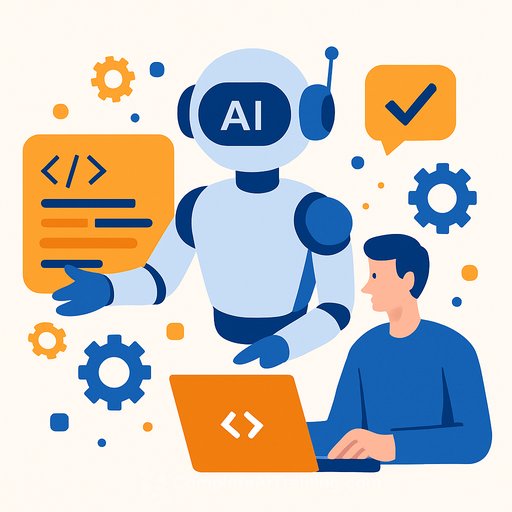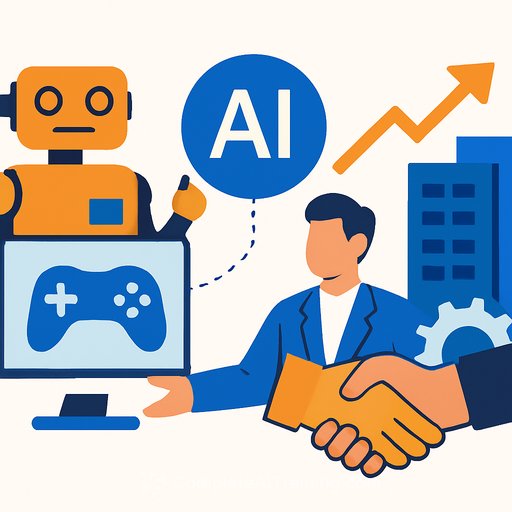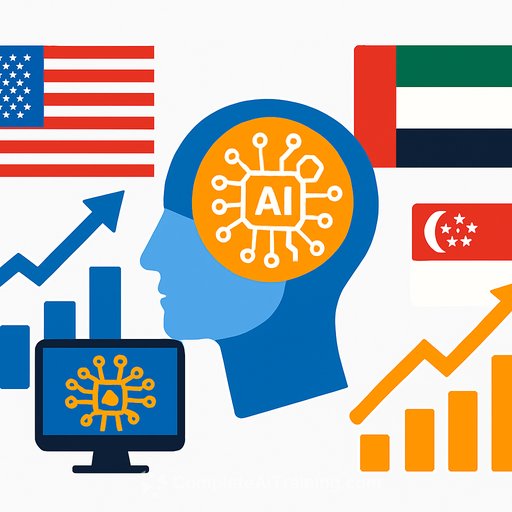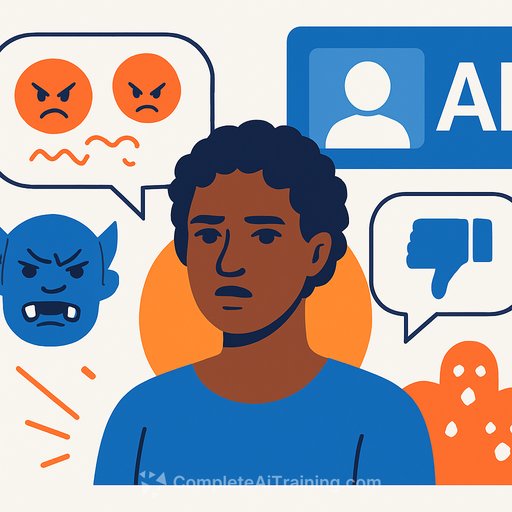OpenAI Launches Codex: Autonomous AI Agents for Software Development
OpenAI has introduced Codex, a cloud-based AI agent built to automate various software development tasks such as bug fixing and feature implementation. This new tool aims to change how code is written by handling routine and time-consuming development activities.
The name "Codex" references OpenAI's original code model, retired in 2023. This latest agent runs on codex-1, a specialized variant of the o3 model fine-tuned for software development tasks. Currently, Codex is available as a research preview for ChatGPT Pro, Enterprise, and Team users, with plans to extend support to Plus and Edu subscribers soon.
How Codex Works
Each Codex session runs inside its own isolated cloud container, preloaded with the relevant code repository. Developers can trigger tasks simply by typing commands in the ChatGPT sidebar—using "Code" for implementations or "Ask" for code-related questions. Every task executes in a separate environment, ensuring clean, interference-free operations.
- Reads and modifies files
- Runs tests
- Executes commands such as linters or type checkers
- Logs results for review
Tasks typically complete within one to thirty minutes. Once finished, Codex documents all changes with terminal logs and test outcomes, making it easy for developers to verify each step. The environment can be customized to match real-world development setups closely.
Configuration with AGENTS.md
Codex can be directed using AGENTS.md files—text files containing instructions on testing conventions, code structure, pull request messages, and more. These rules apply recursively through the project directory tree, with files located deeper in the hierarchy overriding those higher up.
OpenAI trained Codex using reinforcement learning on real-world software development tasks to mimic human coding style and preferences in pull requests. Internal benchmarks confirm that codex-1 performs accurately even without AGENTS.md files or custom environments.
Current Use and Early Adopters
OpenAI already uses Codex internally for tasks like refactoring, generating tests, and fixing bugs. Early partners such as Cisco, Temporal, and Superhuman have integrated Codex into their workflows. For instance:
- Temporal leverages Codex for error analysis and component integration.
- Superhuman enables product managers to make minor code changes independently.
- Kodiak applies Codex to enhance test coverage and debugging tools in autonomous driving software.
OpenAI suggests breaking down well-defined tasks and running multiple agents in parallel for optimal results. The vision is a workflow where developers can seamlessly switch between real-time collaboration and asynchronous task delegation.
Limitations, Safety, and Pricing
Currently, Codex does not support image inputs and cannot interact with other agents during task execution. The model works offline, with access limited to the provided code repository and pre-installed dependencies. Codex is trained to reject requests related to malware but continues to support legitimate low-level coding tasks. Further details about these safeguards can be found in the o3 system card.
At present, Codex is free to use in preview, with flexible pricing planned for future releases. The smaller codex-mini-latest model, which powers Codex CLI, is already available and priced at $1.50 per million input tokens and $6 per million output tokens. OpenAI offers a 75% discount through prompt caching.
Looking ahead, OpenAI plans deeper integration of Codex with popular developer tools. Developers may soon delegate tasks directly from issue trackers or continuous integration systems. Features like task adjustments mid-execution and collaborative strategy planning are also expected.
What This Means for Developers
Codex provides a practical way to automate routine software development tasks, freeing up developers to focus on higher-level design and problem-solving. Its ability to run isolated sessions, modify code, test changes, and document results can streamline workflows and reduce manual overhead.
For those interested in expanding skills around AI-assisted coding and automation, exploring AI-focused training could be beneficial. Resources like Complete AI Training’s automation courses offer practical guidance on integrating AI tools into development processes.
Your membership also unlocks:




